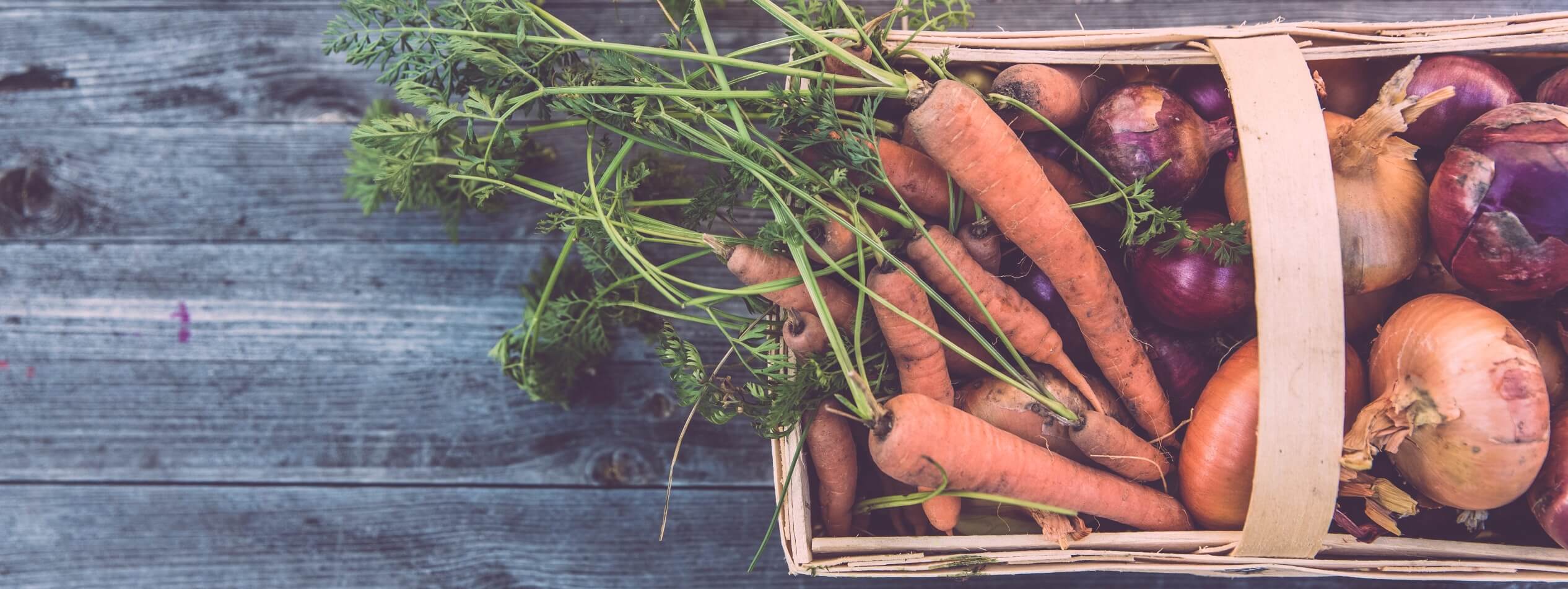My biggest passion in agriculture is to see farmers using natural resources in a responsible manner to provide healthy and nutritious food for the ever increasing global population. This needs to be done while running viable businesses which look after the people working for them. In essence this is what I believe sustainable agriculture is about. Using natural resources responsibly is about environmental protection. Providing healthy and nutritious food and ensuring that the people who work for the farm are well cared for is about social responsibility. Running viable businesses addresses economic goals. In this manner the triple-bottom-line of sustainability is addressed. In order for this to happen, it is necessary for agriculture to continually learn, through research, and adapt, through the progressive adoption of practices which address these goals.
I recently read an interview with author Robert Biel, who wrote the book Sustainable food systems: The role of the city, and I was very struck by one of his answers. The interviewer asked: “Surprise me with something unexpected you encountered in researching this book.” Robert Biel’s response is in full below:
“A couple of paradoxes, which are in fact closely linked: 1) When looking for cutting-edge examples of the new paradigm in action – learning from nature, self-assembly and self-healing, not trying to control systems too much – I found them in areas like industrial design and materials science; farming in contrast, which you might expect to be our interface with nature, is still horribly conservative and stuck in the old ways. Wonderful research is being done, about soil systems for example, but translating this into an innovative, high-productivity, totally biomimicked farming practice: that’s not yet the mainstream, it’s still very peripheral. 2) The countryside is so heavily depleted by herbicides, pesticides and monocropping, that cities are potentially havens for nature to regenerate itself: this has been beautifully demonstrated by green roofs, for example, and is potentially very encouraging for a program of greening the city. We might even pioneer the new paradigm here!”1
I think the reason it struck me was that he is really calling out the agricultural industry for a lack of implementation of sustainable farming practices. While working for Trace & Save over the past five and a half years I have seen some very progressive farmers, who attempt to innovate and implement the current sustainable best-practices. On the other hand, I have also come across farmers who are not interested in change, and are stuck in conservative old ways. What has stood out for me most though is that farmers are not negative about the idea of sustainable agriculture. As part of my PhD research, I distributed a questionnaire to farmers and one of the statements they had to respond to was: “Sustainable agriculture methods will ensure the long-term success of commercial agriculture in South Africa”. One hundred percent of the farmers responded that they agreed with this statement.2 Another interesting finding in relation to Robert Biel’s comments were the responses to this statement: “Conventional farming methods have a negative effect on nature”. Fifty five percent of the farmers agreed with this statement, twenty nine percent were neutral and fifteen percent disagreed with the statement.2 Along with numerous other responses, I got the sense that the farmers I surveyed definitely agreed that the idea of sustainable agriculture is great, but there was not widespread agreement that a lot needed to change.
I do not fully agree with Robert Biel, especially looking at agriculture from the South African perspective, but he has a point. Agriculture needs to change from the mono-cropping systems which rely on chemical fertilisers, herbicides and pesticides for production. This type of agriculture has become the convention, and is highly destructive to the environment, and is not the responsible use of natural resources which I am passionate about. I really do believe that South African farmers have the ability to adapt and innovate, addressing many of the challenges which they face, with the goal of more sustainable production of food. It is going to take considerable effort from researchers, consultants and farmers, and a commitment to developing farm systems which better mimic nature, but I am hopeful for the future of sustainable agriculture in South Africa.
Sources:
- http://climateandcapitalism.com/2018/04/08/sustainable-food-systems-an-interview-with-robert-biel/
- Galloway CJ. 2017. The implementation of sustainable agriculture on pasture-based dairy farms: Farmer perceptions, environmental impact and farm-level productivity. Dissertation presented for the degree of Doctor of Philosophy (Agricultural Sciences) at Stellenbosch University, Conservation Ecology and Entomology, Faculty of AgriSciences.
- A carbon footprint assessment for pasture-based dairy farming systems in South Africa - 2024-02-07
- What progress have farms participating with Trace & Save made over the past 10 years? - 2023-09-06
- Carbon footprint reduction over time: Lessons from pasture-based dairy farms in South Africa - 2023-09-04

